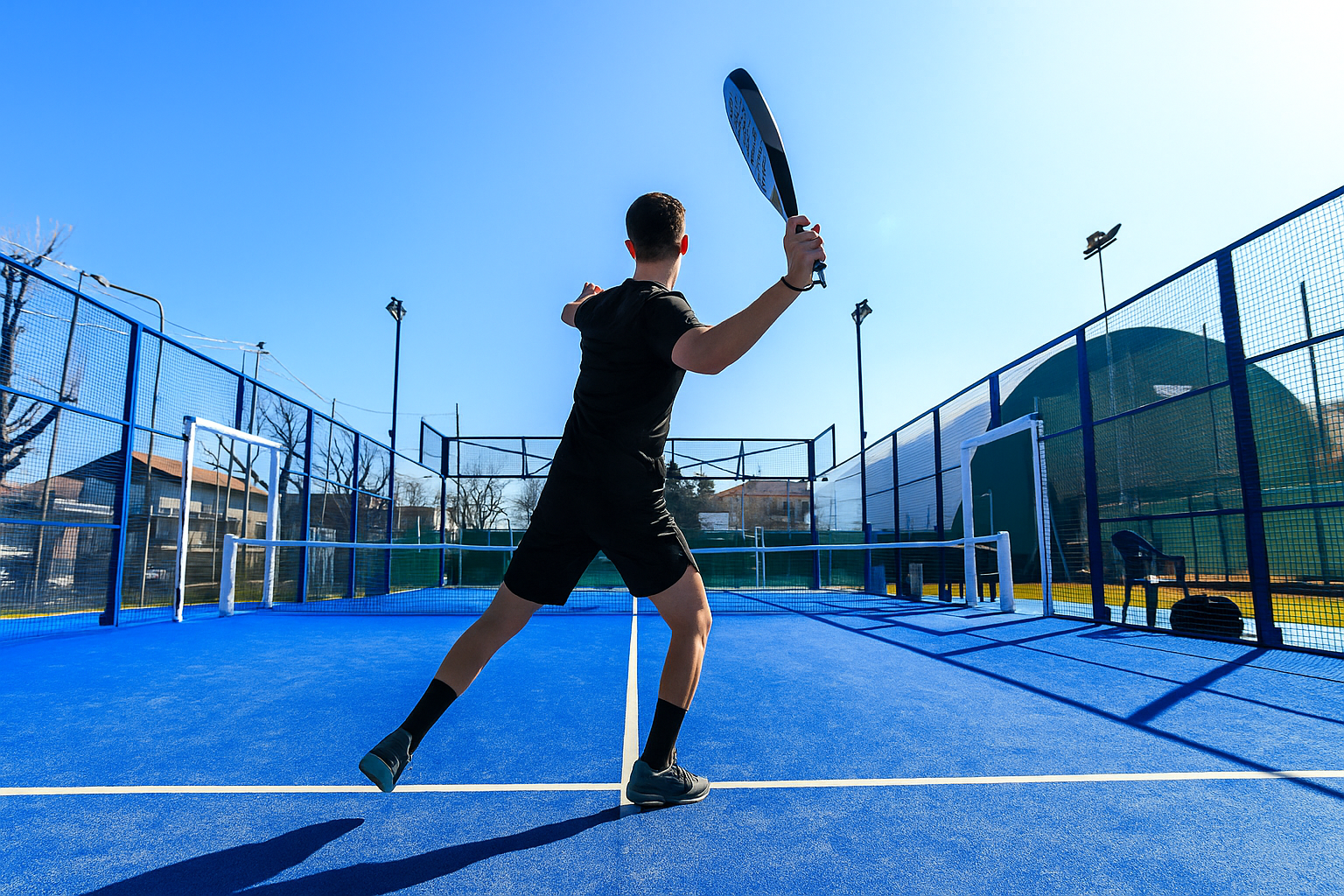You will hardly walk into almost any Dutch metropolis to-day, Amsterdam, Rotterdam, or even a smaller city, without hearing the sharp pop of a ball hitting glass walls. It is the voice of padel, the sport, which has almost silently crept into everyday life and become unavoidable.
Some years ago, in the Netherlands the name was virtually unknown. It is one of the fastest growing pastimes now. At the heart of this increase is NLPadel, the ecosystem that defines player experience of the game.
NLPadel and the Simplicity That Drives Its Appeal
One reason padel has taken root so quickly is its ease of play.In contrast to tennis, you do not spend years of practice before you can rally with your friends. The regulations are simple, the court is small, and, in a few minutes, even the first-time offenders will feel included in the proceedings.
In nations such as the Netherlands, where efficiency is valued, this simplicity comes as music. Sports that do not require hours of training or membership are what people desire. All you need with NLPadel are three friends, an hour of free time and curiosity.
The result? Something entertaining, energetic, and welcoming, regardless of whether you are having a lunch break, de-stressing after work, or spending a weekend with the family.
NLPadel and Its Role in Modern Urban Life
Space is at a premium in Dutch cities, yet padel courts are popping up everywhere. A single court occupies less space than a tennis court, and it provides greater activity on a per-square meter basis. Sports clubs are turning unoccupied spaces into padel courts and some residential projects even promote rooftop padel courts as lifestyle amenities.
The difference between NLPadel and other models is that it suits the urban life. To a large number, the gym is a burden; padel is a social event. It can give cardio, build reflexes, and laugh without using machines or weights. Offices now include padel sessions in team-building programs, while gyms see it as a smart way to attract new members.
It’s not just exercise—it’s part of the rhythm of city life.
NLPadel as a Social Connector Across Generations
Perhaps the most powerful force behind padel’s success is its social nature. Since it is nearly always played in doubles, there is communication and teamwork embedded in every rally. Friends applaud one another, families unite across generations, and even strangers feel welcomed and not threatened.
In the Dutch culture, privacy is highly treasured, so NLPadel has provided areas where true connection can be made.. Parents play alongside teens, professionals book Friday night matches, and retirees join weekday leagues. Schools are beginning to introduce padel in physical education, reporting higher engagement than with traditional sports.
This inclusivity is rare: a single sport that appeals equally to teens, adults, and seniors. It’s little wonder padel is becoming the go-to social plan for so many.
NLPadel and the Future of Sport in the Netherlands
The social media has actually contributed to the explosion of padel, with highlight video virality growing on Tik Tok and Instagram. The result of that visibility and investment by the local councils, as well as individual companies, have led to an accelerated growth. Padel is viewed as a low cost health promotion activity in some municipalities, and businesses are making fortunes selling equipment, travel packages and even padel retreats.
However, the actual secret is sustainability. NLPadel has the benefit of not being like fads in fitness, since it can easily become part of the modern lifestyle. It is quick, entertaining and simple enough to challenge players to come back. And in a culture where pragmatic solutions are appreciated, padel checks all the boxes: effective, inclusive, and communal.
The Netherlands has never been a trend picker and this trend is not going away. Courts are full, new clubs are being formed each month and more players are making casual matches into a lifetime habit.
Final Thoughts
NLPadel comes in as both a sports narrative and a commentary on the way humans live, play and connect nowadays. It’s exercise without pressure, competition without exclusion, and movement that feels joyful instead of obligatory.
For anyone curious about why padel has exploded in the Netherlands, NLPadel is the living case study. For everyone else, maybe it’s time to grab a racket, step onto the court, and see why so many are hooked.
FAQs About NLPadel
1. Why is NLPadel not like tennis or squash?
Padel is more accessible, less technical and more social. It is also attractive to beginners and experienced players because the court is smaller, rules are simpler and rallies are faster.
2. Is any special equipment required in order to get playing?
Not really. Rackets are rented and the balls are sold cheaply in most clubs. When you fall in love with the game, you will also be able to invest in padel-specific shoes and rackets, although they are not mandatory.
3. Does NLPadel have a following only in the large cities?
Cities such as Amsterdam and Rotterdam were ahead of the pack but smaller towns, even rural regions are close behind. It is available throughout the country as new courts are being opened.
4. Are children and the elderly able to play safely?
Yes. Compared to tennis or football, the sport is not as physically straining and therefore can be enjoyed by many different ages. A lot of families are playing together nowadays, grandparents to grandchildren.
5. What do I do to book a padel court in Holland?
Most clubs use online booking platforms. Many apps now feature padel-specific sections where you can reserve courts, join leagues, or even find other players if you don’t already have a group.
